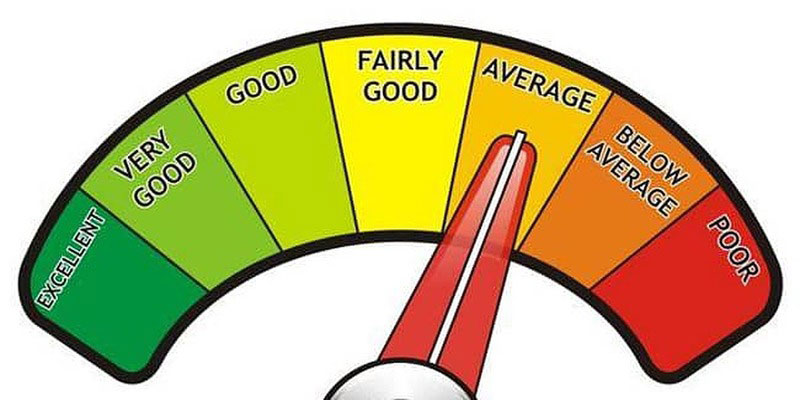
Taxpayers can deduct the mortgage interest they pay on the first $750,000 of their home loan. Mortgage interest on the first $1 million can be removed for homeowners who closed on their homes before December 16, 2017. The mortgage interest paid can be deducted from your taxes if you itemize.
According to Experian data, the average mortgage debt was slightly over $220,000 by the end of 2021. That would amount to roughly $10,500 in annual interest payments if the mortgage interest rate were 5.25%. The interest you pay on your mortgage is one of your most recurring costs. Sometimes, it might also be a significant deduction on your federal tax return.
Although mortgage interest can be deducted from your taxable income, there are better options than this one for everyone. What follows is an explanation of the mortgage interest deduction and how it can help you reduce your tax liability if you qualify.
How The Mortgage Interest Deduction Works

You can reduce the amount of tax you owe by taking advantage of the mortgage interest deduction, which allows you to deduct a portion of your mortgage interest payments from your taxable income. You can only get this deduction if you itemize your tax returns instead of just taking the standard deduction. You can only deduct interest on a secured loan used for a primary or secondary residence, whether to purchase, construct, or make significant improvements.
You may deduct that amount from your taxable income if you have paid mortgage interest throughout the year. Keep careful records if you have a mortgage; the interest you pay could reduce your tax liability.
The mortgage interest paid during the year on the first $750,000 (or $375,000 if filing separately) of your home or second home mortgage debt is generally tax deductible. Interest paid during the year on the first $1 million mortgage ($500,000 if married filing separately) is deductible if the home was purchased before December 16, 2017.
In 2022, you might deduct the full $25,000 in interest payments you made on a home you purchased in 2017 for $800,000. However, if you secured a mortgage in 2022 for $800,000, you might have to reduce that deduction. That is because the interest on the first $750,000 of a mortgage is deductible under the Tax Cuts and Jobs Act of 2017.
Instructions for Deducting Mortgage Interest
1. Pick Standard or Itemized Deductions
To start, quickly examine your tax deductions from this past year. Add your mortgage interest for the year to the list of deductible expenses, including your charity contributions, interest on school loans, and necessary medical and dental care. Check your itemized deductions against the allowable standard deduction. These are the standard deductions for the 2022 tax year:
- $12,950: single filers
- $25,900: married filing jointly
- $12,950: married filing separately
- $19,400: heads of households
Pick the one that offers the most significant savings. You do not need to itemize your deductions if you are eligible for the standard deduction.
2. Obtain Form 1098 and Any Additional Necessary Files
Your mortgage lender should send you Form 1098 if you paid $600 or more in interest throughout the year, showing the amount of interest you paid that is tax deductible. Make sure the numbers on your tax return match the figures on your 1098, as the lender will also send a copy to the IRS. Contact your lender and request a corrected 1098 if the interest they reported needs to be updated.
If you closed on a home last year or refinanced your mortgage, you should review your closing statement to determine how much you paid in points.
3. Schedule A, Itemized Deductions
Use Schedule A: Itemized Deductions to get the entire amount of your deductions, including the mortgage interest deduction. On Form 1040, line 12, you will put the grand total of your itemized deductions.
4. File Your Taxes and Save Your Documentation
Form 1098 and any other supporting documentation should be kept for at least three years in case the IRS has any queries about your tax return during that time.
Claiming a Tax Break for Your Mortgage Interest

Mortgage interest is tax-deductible only for those with $750,000 or less mortgages. The mortgage obligation must be $375,000 or less to deduct mortgage interest as a single person.
After the passage of the Tax Cuts and Jobs Act in 2017, the threshold was raised from $1 million to $2 million.



